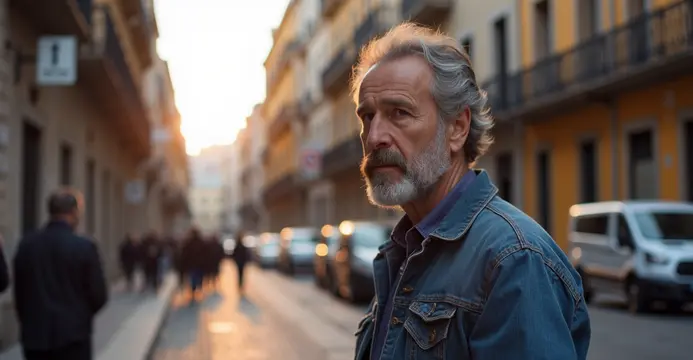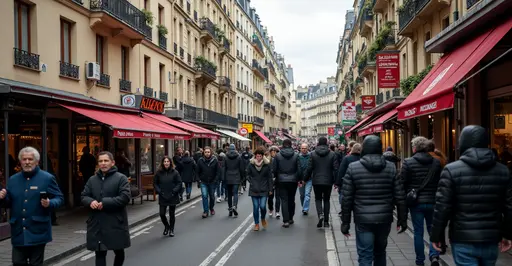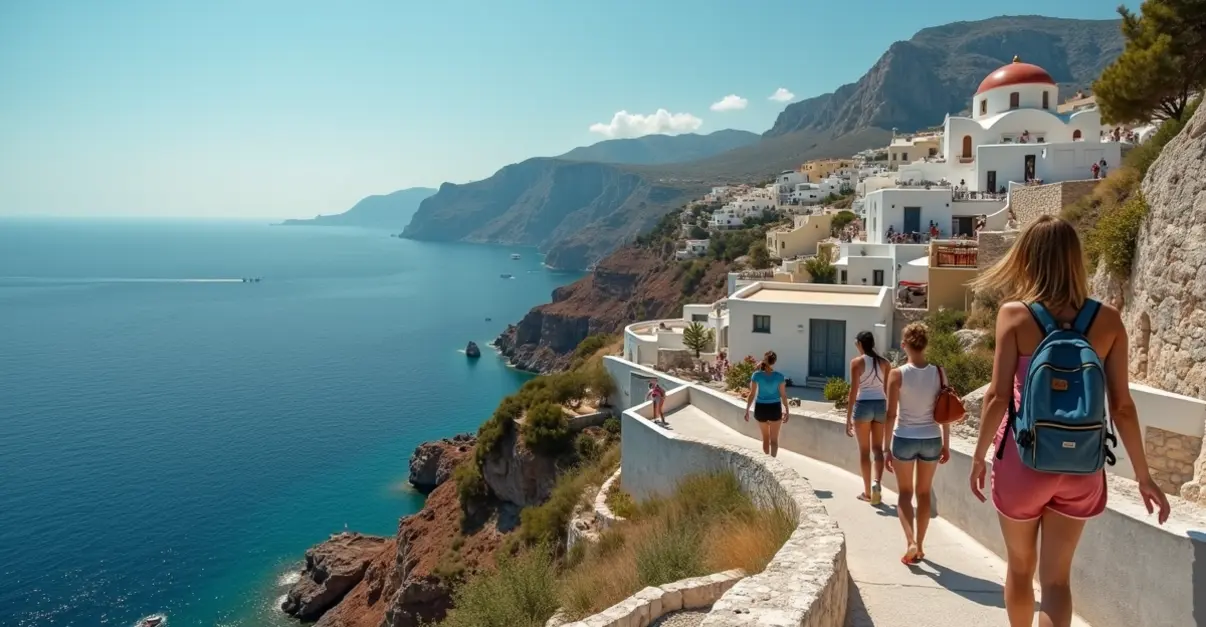Spain removed 65,000 illegal Airbnb listings and flagged 55,000 more for violating registration laws, prioritizing housing over corporate profits amid mass tourism protests. Similar regulations emerged in Amsterdam.

Spain's Major Move Against Illegal Vacation Rentals
Spanish authorities have forced Airbnb to remove 65,000 illegal listings and identified an additional 55,000 violating properties. The Ministry of Consumer Affairs confirmed the crackdown targets unregistered short-term rentals lacking mandatory registration numbers. Property advertisers must now clearly identify whether they're private owners or companies.
Legal Enforcement and Industry Impact
Airbnb unsuccessfully challenged the removal requests in court. This action follows last year's €413 million fine against Booking.com for abusing its dominant market position. Spain's tourism sector represents 12% of GDP, making regulation critical for housing market stability.
Mass Tourism and Gentrification Concerns
Local residents have protested against soaring rental prices and neighborhood transformation. Barcelona activists recently sprayed tourists with water pistols, symbolizing growing frustration. The ministry stated these measures prioritize housing rights over "profits of large multinationals."
Understanding Gentrification Dynamics
Gentrification involves socioeconomic upgrading of neighborhoods through wealthier residents and tourism businesses, often displacing lower-income communities. Urban studies show tourism-intensive cities experience 17-23% faster gentrification rates.
Parallel Developments in the Netherlands
Amsterdam implemented strict vacation rental rules requiring permits and owner/VvE approval, limiting rentals to 30 nights annually. A Dutch class-action lawsuit against Airbnb's double service fees was recently dismissed, with courts directing complaints to Irish jurisdiction where Airbnb's European headquarters reside.

 Nederlands
Nederlands English
English Français
Français Deutsch
Deutsch Español
Español Português
Português






